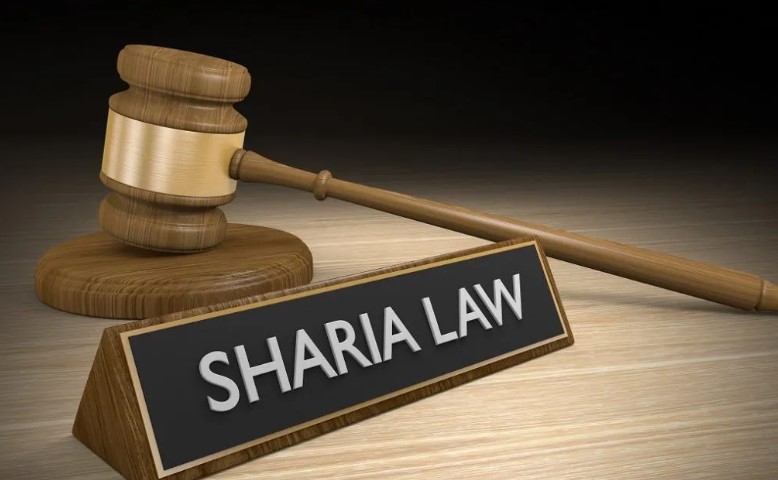Justice Abdurraheem Sayi’s statements on Shari’ah arbitration panels in the South-West highlight an important legal and societal discussion regarding the rights of Muslims to access a legal framework that aligns with their religious practices. By emphasizing that the establishment of Shari’ah panels does not require approval from state authorities or traditional rulers, he is reinforcing the principle of contractual arbitration, which is protected under Nigerian law.
This stance directly challenges objections against Shari’ah panels, portraying them as rooted in Islamophobia rather than legal reasoning. Justice Sayi’s point that such panels are voluntary and based on contractual agreements aligns with how arbitration functions in general, showing that they do not seek to undermine or replace national courts but offer a parallel system for those who wish to engage in it.
The issue of the absence of Shari’ah courts in parts of the South-West, despite the large Muslim populations in states like Lagos, Osun, and Ogun, points to a gap in the legal system where Muslims are left without tailored mechanisms to handle matters like marriage, divorce, and child custody according to Islamic law. Justice Sayi’s call for the inclusion of Shari’ah courts as part of the family law system could potentially offer Muslims in the region greater legal autonomy, helping them feel more integrated and ensuring their religious rights are respected.
This debate also touches on broader concerns around religious and ethnic inclusion in Nigerian law, particularly as the country grapples with balancing its diverse religious groups within a unified national legal framework. The role of Shari’ah arbitration and family law in the South-West is likely to remain a contentious issue, but Justice Sayi’s remarks provide a compelling legal foundation for pushing for change.
What do you think of the potential impact of these legal developments on religious freedoms and interfaith relations in Nigeria?

